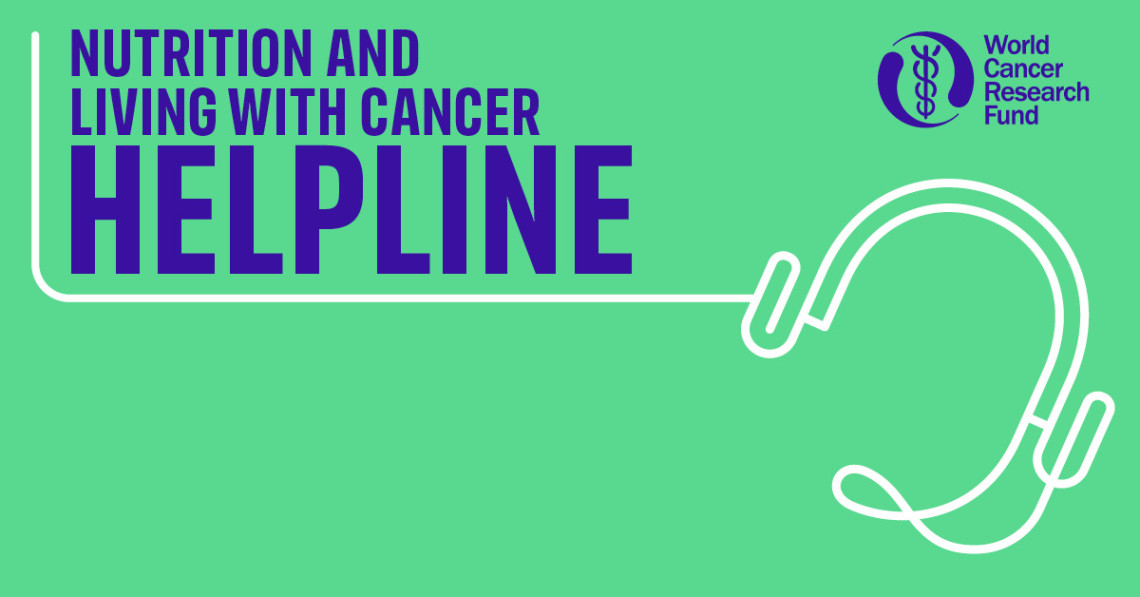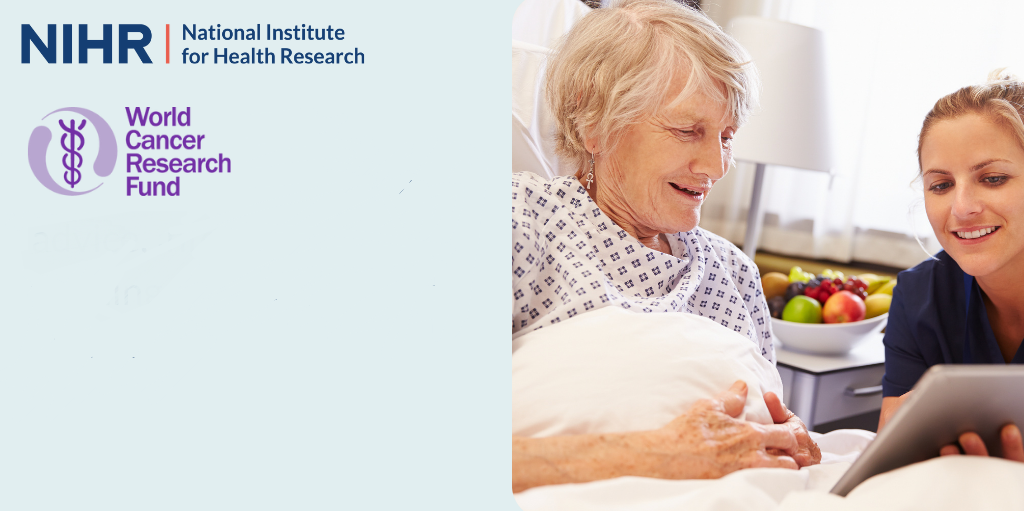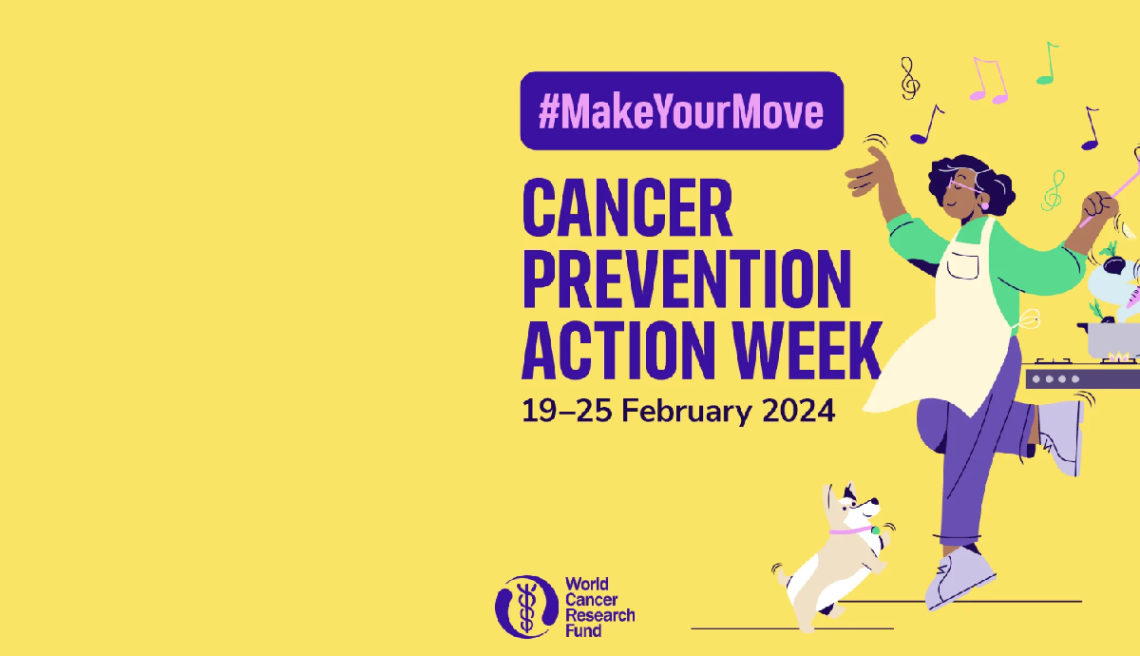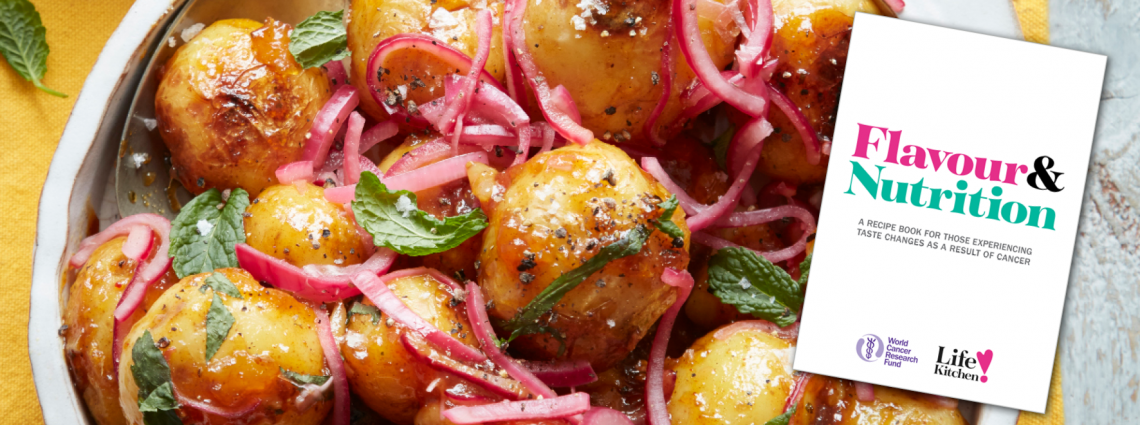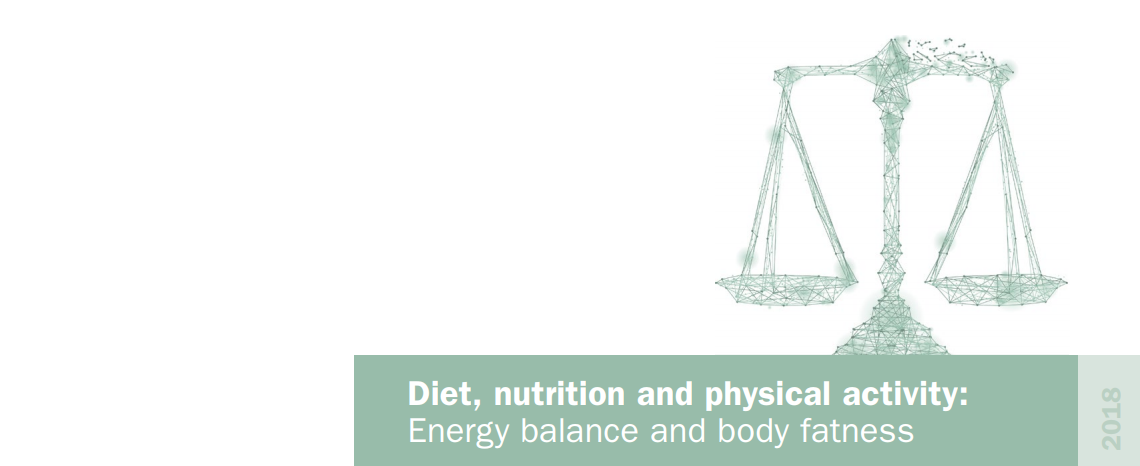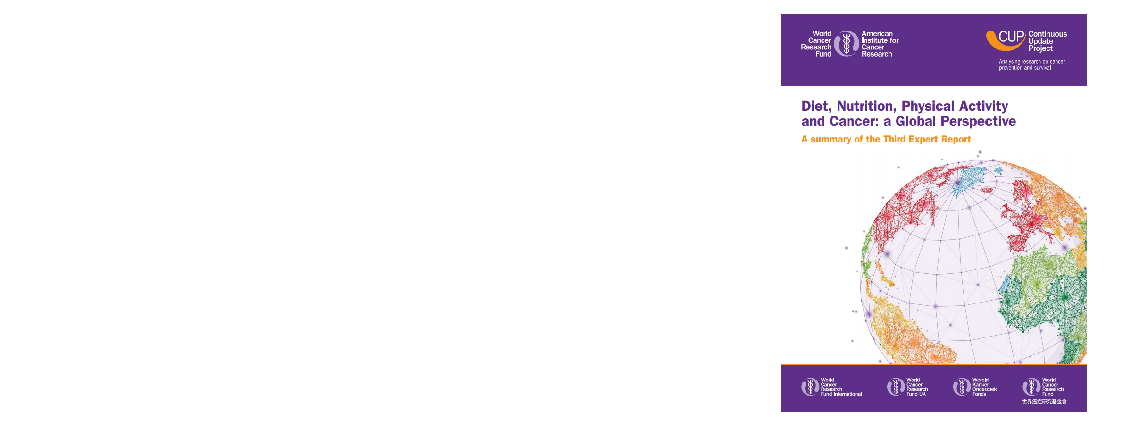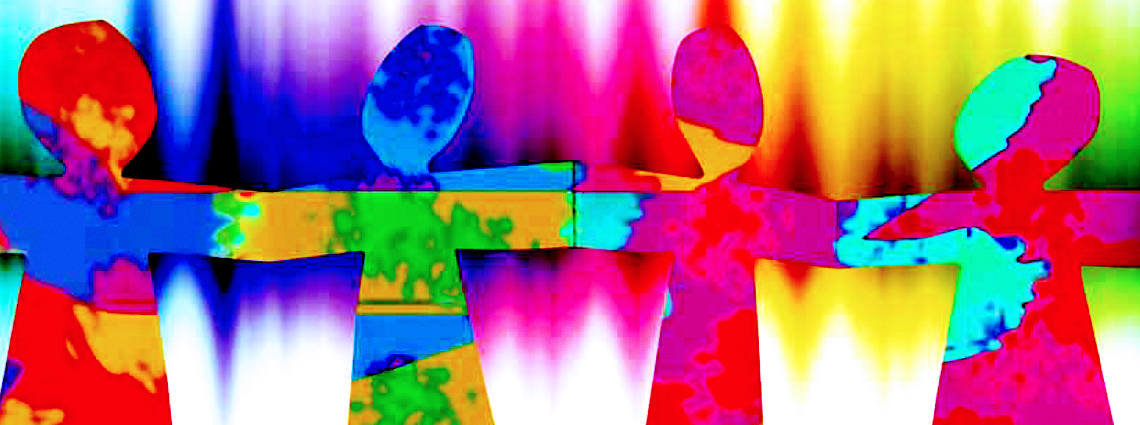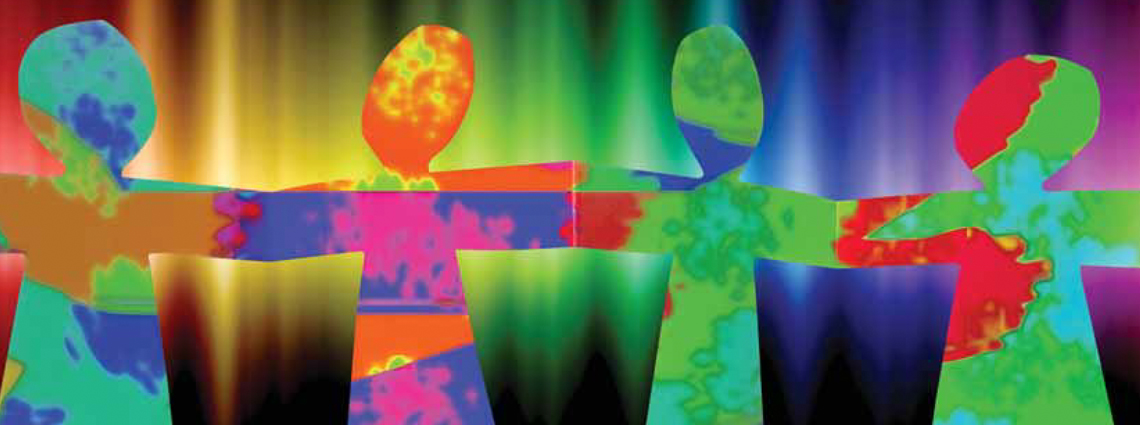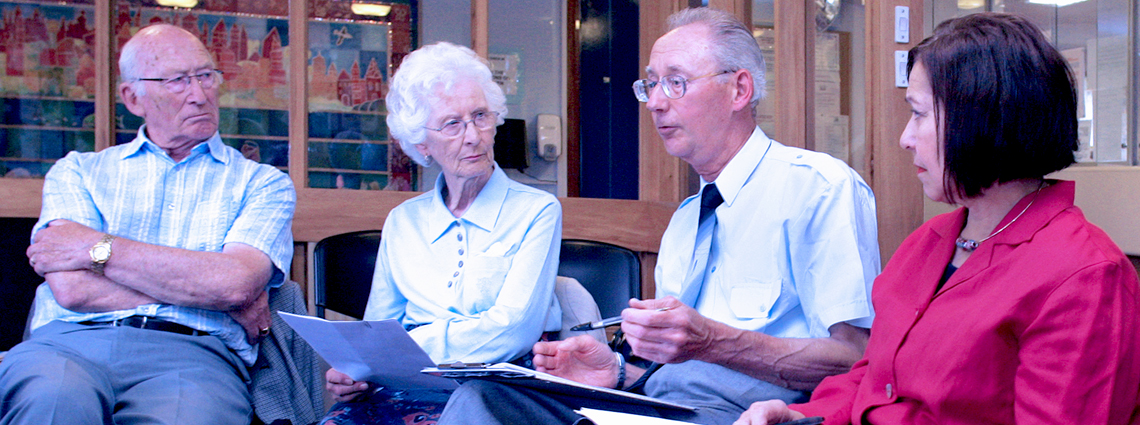NIHR Cancer and Nutrition Collaboration
Who we are and what we do
Cancer now represents the major cause of mortality in the UK, and nutritional factors play an important role in the prevention, development and treatment of cancer. While the UK has internationally competitive research in both nutrition and cancer, there is only a relatively small amount on the overlap between the two areas.
Initiated in early 2014, the NIHR Cancer and Nutrition Collaboration is coordinated by the NIHR Southampton Biomedical Research Centre (Southampton BRC) to bring together a range of interdisciplinary stakeholders in order to bring coherence to existing activities and provide a coordinated framework for future research into nutrition and cancer. The Collaboration is facilitated by the NIHR Office for Clinical Research Infrastructure (NOCRI) and World Cancer Research Fund UK (WCRF UK).
"I think this is one of the most exciting new initiatives to happen for some time…this is a long overdue piece of work so bravo to Southampton for taking it on.”
Cancer patient, 2014
“Cancer is a very multifaceted disease…and can affect nutrition in many different ways. One size does not fit all. I am often asked about the benefits of nutritional supplements during radiotherapy treatment. I would like to be able to [give] evidence based practical information to my patients.”
Radiotherapist, 2015
“I regularly treat women with bowel obstruction from ovarian cancer as well as women with very low albumin at presentation. I am increasingly using total parenteral nutrition (TPN) to support patients with bowel obstruction, particularly during first line therapy where the chances of response to treatment are high, but there is very little guidance on who to treat, when to treat and when to stop treatment.”
Oncologist, 2015
“There seems to be a lot of changes in advice to the public…about what is good or bad to eat and diets get a lot of media attention which can make recommendations very confusing. What’s good one week is bad the next. It can be hard to justify to a patient that we need them to eat/drink to a specific way while they are having treatment when they read conflicting advice in the Daily Mail."
Radiotherapist, 2015
“All the lay people I have talked to about the initiative are very enthusiastic, because as you will know, patients will often examine every aspect of their lifestyle when they receive a cancer diagnosis, and there is a wealth of debatable information out there on the internet. In my opinion, it is time the findings were translated from test tube to public.”
Cancer patient, 2014
“There is lack of structure and co-operation between different organisations, whether it's NHS or [cancer] charities. More needs to be done to bring organisations together to help improve nutrition and cancer for patients."
Lab Technician, 2015

